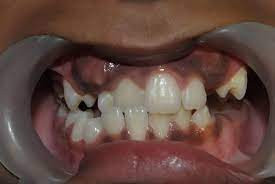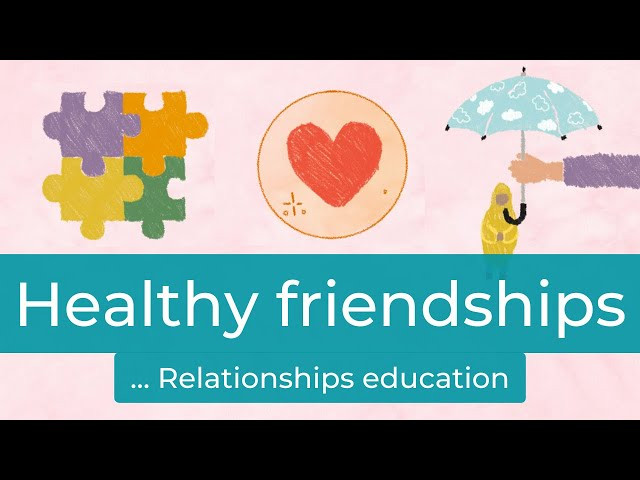
EVER pondered the possible origins of children’s misaligned teeth, crowded teeth, open bites and deep bites?
It seems like a lot of people believe that these disorders are solely genetic in nature, but is that really the case?
The response is an emphatic no.
The causes of misalignment of teeth (malocclusion) are a fascinating subject about which there is still much to elucidate and understand.
Fundamentally malocclusion can occur as a result of genetically determined factors; environmental factors and more commonly a combination of both inherited and environmental factors acting together.
In relation to genetic factors, the condition may be inherited from either of the parents, whereby an extra tooth (supernumerary tooth) is present, thus hindering eruption of an upper front tooth.
However, forward drift of the first permanent molar teeth may also result in the superimposition of the extra issue of crowding if tooth decay (caries), an environmental condition, has caused the early loss of several of the deciduous/baby teeth.
While it is relatively easy to trace the inheritance of syndromes like cleft lip and palate, it is more challenging to identify the cause of features that are essentially part of normal variation, particularly if certain features, like crowded teeth or the protrusion of the lower jaw (mandible), run in your family.
- Govt repairs X-ray machine 4 years on
- Dental health negation in formative years later shows up as skewed teeth, low self-esteem
Keep Reading
The situation is further complicated by compensatory mechanisms.
Although humans have no control over heredity, we do have leverage over environmental circumstances that may influence a child’s future bite.
Environmental factors may include thumb-sucking habits, premature loss of teeth as a result of either tooth decay (caries) or trauma, mouth breathing which is often influenced by back sleeping position, the use of pacifiers, nail biting, among other factors.
The majority of these variables cause front teeth to protrude and, in some cases, result in the formation of an open bite, which can occasionally lead to lip incompetence.
Environmental action can be seen, for instance, in the failure of eruption of an upper front tooth due to bending of a crown (the white part of a tooth) or roots (observed by the dentist on an X-ray machine) after a traumatising experience during the period when the baby has milk teeth that caused the milk tooth to move inside the bone (intrusion).
If you are aware of these tendencies and take swift action to prevent them, it can greatly benefit a child’s future.
Crowding is predominantly common in Caucasians, although also common in our own race, the sizes of the jaws and teeth are mainly genetically determined.
However, environmental factors, for example premature primary tooth loss due to tooth decay or trauma, can precipitate or exacerbate crowding.
Parents should be aware of these environmental factors and be informed enough to avoid the risk of causing misalignment of teeth of children reducing their case to a mild form that doesn’t need surgical treatment.
In any case, if parents did not know about all these environmental factors and their effects, it is not too late to go to the dentist, the earlier the better.
Due to the fact that their bones are still growing, children are more likely to heal quickly.
Parents should be aware of these environmental factors and be wise enough to shield their children’s teeth from potential misalignment.
Therefore, even if parents were not aware of all these environmental factors and their effects, it is still possible to go to the dentist as soon as feasible.
If your child has misaligned teeth, should they be bullied at school?
Should your son’s teeth arrangement make it difficult for him to participate in activities such as public speaking?
Should your daughter’s dissatisfaction with the appearance of her teeth cause her to have an inferiority complex in social settings?
For these reasons, whether genetic or environmental, every parent should monitor their child’s tooth development and visit the dentist preferably an orthodontist when the baby’s teeth start to sprout, which is at six months.
There is a misconception that a baby who has one tooth or no teeth at all does not need to visit a dentist.
This is, however, untrue and a myth which we herein debunk.
As a parent, have you ever considered that your child’s life could have been better socially if you had taken them to the dentist when they were still young?
Parents who lack dental literacy, though involuntarily and unintentional, contribute to their children’s lack of self-esteem and bullying which is avoidable.
Granted, not all parents may afford taking their children to the dentist once or twice a year.
In this situation, it is imperative to monitor the child’s diet, limit their consumption of sugary foods and carbonated beverages, keeping in mind that everything they eat has an effect on all the organs of the body, including teeth.
- Patience Matambo is final year BSc Dental Surgery student at the People’s Friendship University of Russia. She can be reached at [email protected]










